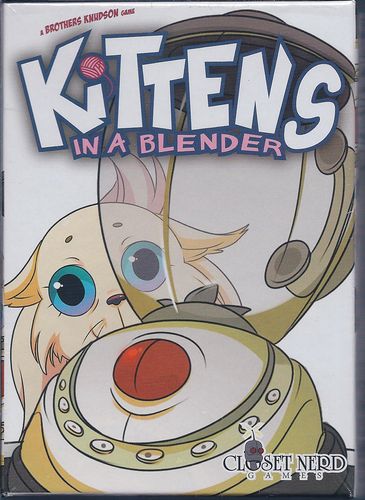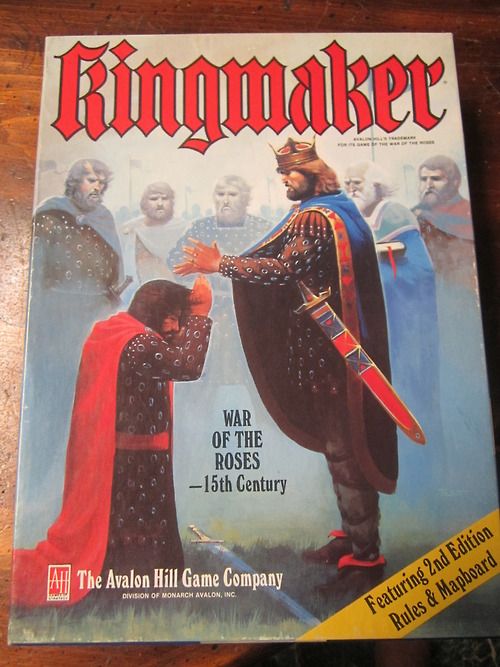I suspect not too many are reading this thread, but it's fun for me. Playing against Ric has reminded me of my love of shogi and its variants. Too bad some of the software created to play several variants does not work on 64 bit operating systems. I'm going to try Virtual Box to install XP, then put on some cool old software.
I should take the time to describe some shogi variants. Chess has been a relatively static game. It has indeed evolved, but really if you look at what is presumed to be the original game and what our game is now, there is not a whole lot of difference. I encourage you to read the wiki page on the history of chess, which I won't bother linking to at the moment. Basically the pawns move exactly the same minus the option for a two step first move (and with that loss goes en passant), the king moves the same minus the castling special move, the queen is the weakest of pieces, moving one space diagonally, and the bishops move one diagonally or one straight ahead. Knights are identical, and so are rooks, minus the castling move. Otherwise, the game is pretty much the same, with only two pieces substantially altered. Many variants have sprung up over the years, but have never caught on. But in Japan where a variant of that ancient chess mutated into shogi, that game then spawned a surprising number of popular variants, several larger, several smaller, but each interesting and creative.
I will probably write about more every so often, but for now I'll mention some small variants.
Judkins shogi - related very closely to Mini shogi, only slightly larger and including an additional piece, it is a simple, fast variant that gives each player only a single pawn and is otherwise comprised of pieces. Yet in spite of the odd and open setup, it is no trivial game. Games can last for several turns. It is faster paced than regular shogi, and obviously shorter, but it's a nice, light game when one just wants to get right into the action.

Mini shogi - Very similar to the above game, but smaller board and minus the knight. It's a good game, perhaps slightly more enjoyable than Judkins simply because of positioning, but it's difficult to compare such similar games. It's nice to just try both and see their slight differences and merits.
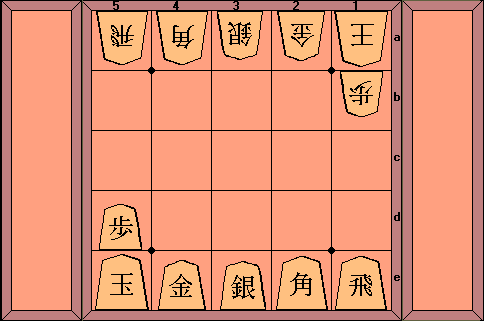
Goro goro shogi - I've never actually played this game. On a 5x6 board, it's set up for immediate pawn exchanges and drops. It has no rook, bishop, or knight, so all the pieces are short range--probably better for such a small board. I'm interested to see how it plays out.
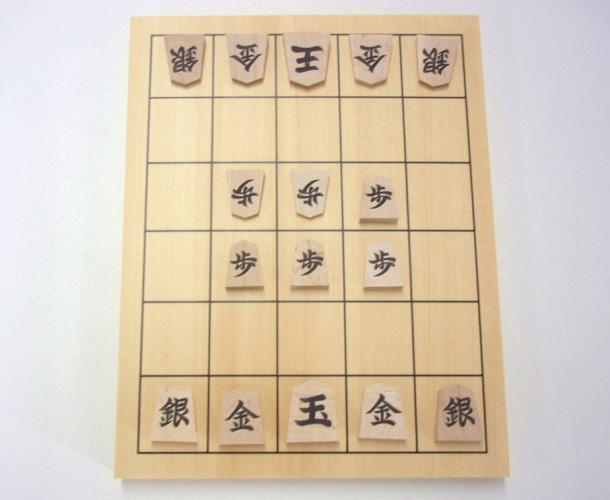
Kyoto Shogi - This 5x5 game is the most challenging of all the small shogi variants, in my opinion. Each piece other than the king promotes, but not upon reaching a promotion zone. Each move simply reverses the face of each piece. For instance, you start with several pieces, including a pawn. When you move it once, it immediately promotes to a rook. But once you move it again, it turns back into a pawn. This makes it truly difficult for me to plan for moves, because once I put a piece in a strategic place, it turns into something different and possibly less useful. I'd have to move it again to make it do what I originally wanted. So you really have to be familiar with both faces of each face and really try to anticipate the effects of each move far more. Drops are free, in that you can drop a piece anywhere without any restrictions, even dropping a piece where it can no longer move, and you can drop it with either face up. I struggled to try to enjoy this against a computer opponent that could easily remember the opposite faces of each piece, but I imagine I'll fare much better against a human and actually might like the game a bit more.
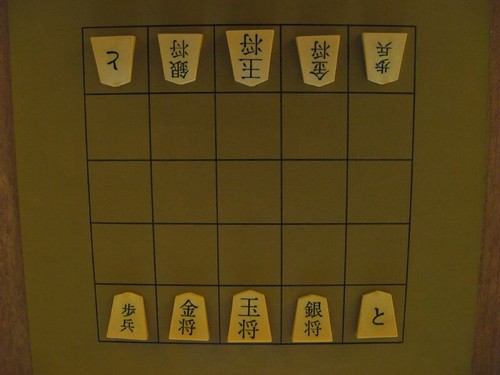
Micro shogi (sometimes called 5 minute Poppy shogi)- Now this is both challenging and fun. At 4x5, it truly is a tiny game, yet it is amazingly complex for its size. Its pieces alternately promote and demote like the kyoto shogi, but not every move. Rather they promote and demote when the piece captures. This allows you to position your pieces without them always changing. Plus, the promotions and demotions seem to be more logical, keeping powerful pieces together, such as the gold general and rook. So once your piece turns to its lesser value, it doesn't necessarily become near-worthless, like the pawn/rook of Kyoto shogi. This is probably my favorite of the small variants.

That's all I'll cover for now. There are many more, but it took me a while just to make this post, so I'll do the rest in a separate post.
I will cover some more small variants very soon, and then I'll move on to larger variants.


